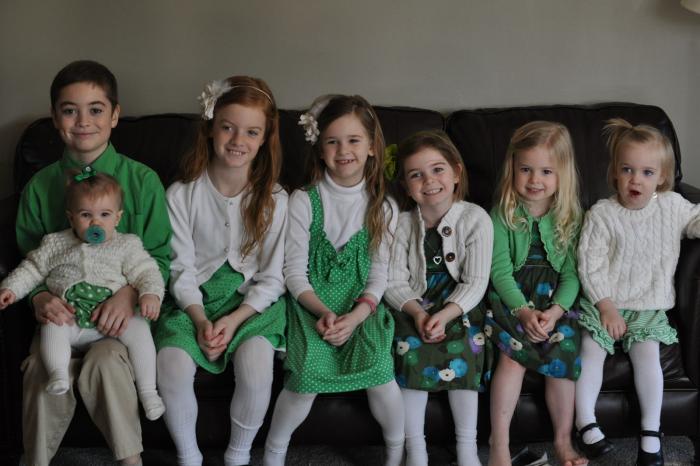As Ireland prepares for Budget 2025, significant discussions are underway regarding potential increases to social welfare payments aimed at supporting parents and families. Minister for Social Protection, Heather Humphreys, is reportedly advocating for cash hikes to three specific welfare payments, which would provide much-needed financial relief to new parents during a time of rising living costs.
Background and Context
The move to increase these payments comes against the backdrop of ongoing negotiations about the financial package for the upcoming budget. With inflation and the cost of living continuing to burden families, the government is exploring various measures to alleviate financial pressures, especially for those welcoming new children into their households.
According to sources close to the discussions, the proposed increases are designed to encourage parents to remain at home with their newborns during the crucial early months. The Irish Independent has reported that Minister Humphreys is prioritizing these particular payments over others in an effort to make parenting more financially sustainable.
Enhancements to Child Benefit
In addition to the proposed hikes in specific welfare payments, Tánaiste Micheál Martin has confirmed that an increase to the monthly Child Benefit rate is on the table. This benefit, which has remained unchanged at €140 for several years, is a crucial financial support for many families across Ireland. Increasing this rate would provide a more substantial safety net for parents grappling with the rising costs of childcare and other related expenses.
Minister for Children, Roderic O’Gorman, has also been vocal in his support for a one-time Child Benefit boost for new parents. This proposal seeks to provide immediate financial assistance in the form of a special payment of €560 in the first month following a child’s birth. This initiative, often referred to as the “baby boost,” is being championed by the Green Party as a key component of their budget discussions with coalition partners Fianna Fáil and Fine Gael.
The Rationale Behind the “Baby Boost”
The proposed one-off Child Benefit payment is estimated to cost around €20 million annually and would be accessible to all new parents. A senior Green Party official emphasized the importance of this initiative, stating, “The birth of a child is a joyful time for new parents, but the Green Party is conscious it can also be a very stressful time for many.” The official elaborated on the financial burdens that come with welcoming a new baby, including the costs associated with purchasing essential items such as strollers, cribs, car seats, clothing, mattresses, sterilizers, diapers, and more.
The intention behind the “baby boost” payment is to mitigate the financial strain that many families experience during this period. The Green Party argues that no one should have to incur debt to cover the costs of having a baby. The proposed increase in child benefits is aimed at allowing parents to manage these initial expenses without the need to borrow from family or friends or dip into their savings.
Government’s Commitment to Family Welfare
The proposed measures represent a broader commitment by the Irish government to enhance support for families and ensure that parents feel secure in their ability to provide for their children. With rising inflation and living costs, many families have found it increasingly difficult to navigate the financial challenges of parenthood. The government’s proposed increases in welfare payments reflect a growing recognition of the need for enhanced social supports.
In previous years, the government has introduced various initiatives aimed at supporting families, but with the current economic landscape presenting new challenges, the need for robust financial support systems has never been more apparent. As families adjust to post-pandemic realities, many are facing pressures that necessitate governmental intervention.
Future Implications
If implemented, these proposed increases in social welfare payments could significantly impact the lives of countless families across Ireland. The additional financial support would not only provide immediate relief but could also foster a more supportive environment for parents, encouraging them to take the time needed to bond with their newborns without the anxiety of financial burdens.
As discussions continue and the budget formulation progresses, it remains to be seen how these proposals will be integrated into the final budget plan. Stakeholders from various sectors, including parenting organizations and financial advocacy groups, are closely monitoring the developments and expressing hope that the government will prioritize family welfare in its budgeting decisions.
Conclusion
The proposed cash hikes to social welfare payments, including an increase in the monthly Child Benefit and a one-off “baby boost” payment, signify a proactive approach by thea Irish government to support new families during challenging times. As the government navigates the complexities of Budget 2025, the emphasis on enhancing financial support for parents reflects a commitment to fostering a more equitable and supportive society.
With the costs associated with raising children continuing to rise, the potential implementation of these measures could provide families with the necessary resources to thrive. As negotiations unfold, the hope is that the government will prioritize the needs of families and ensure that parents have the support they need during one of the most significant times in their lives.


